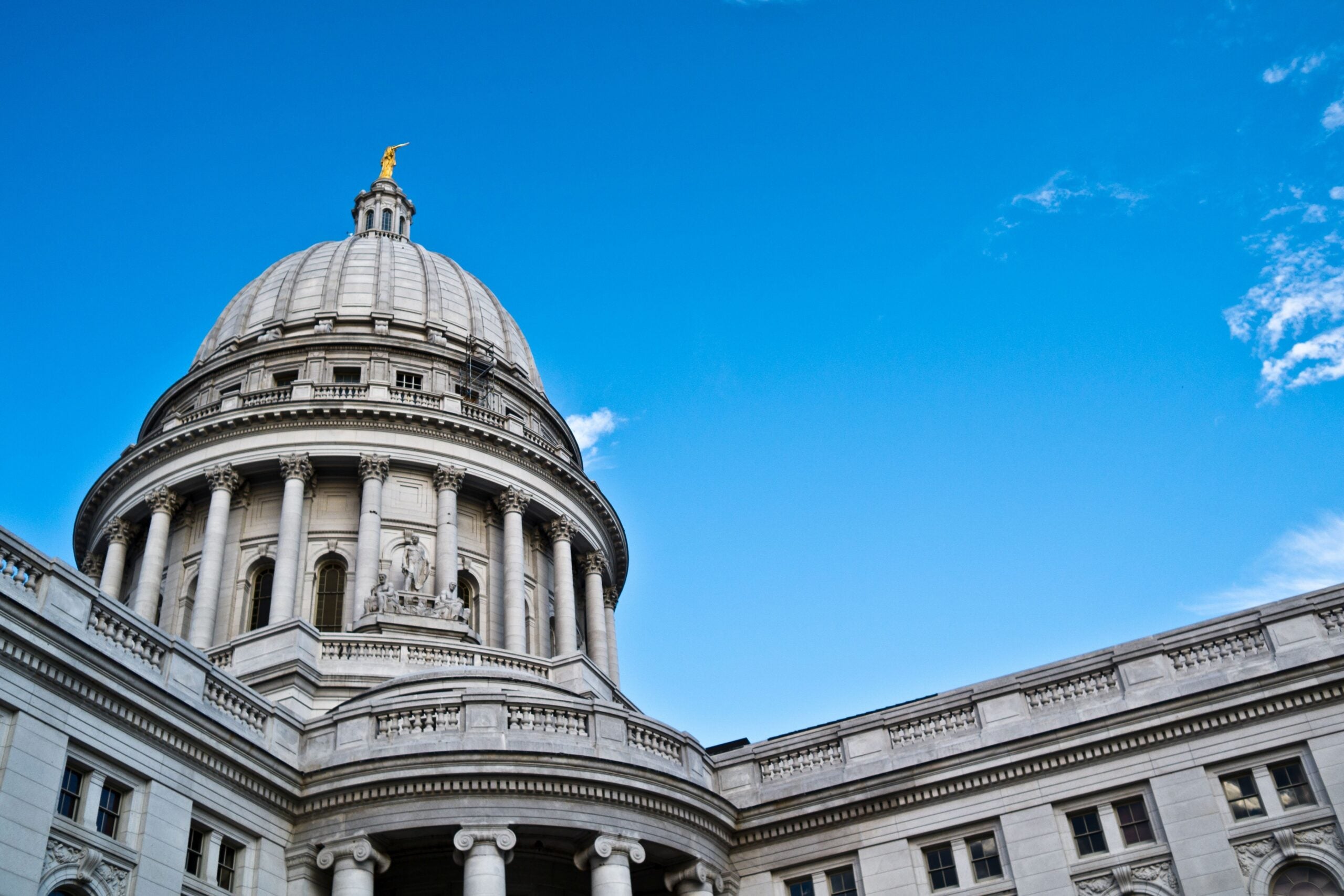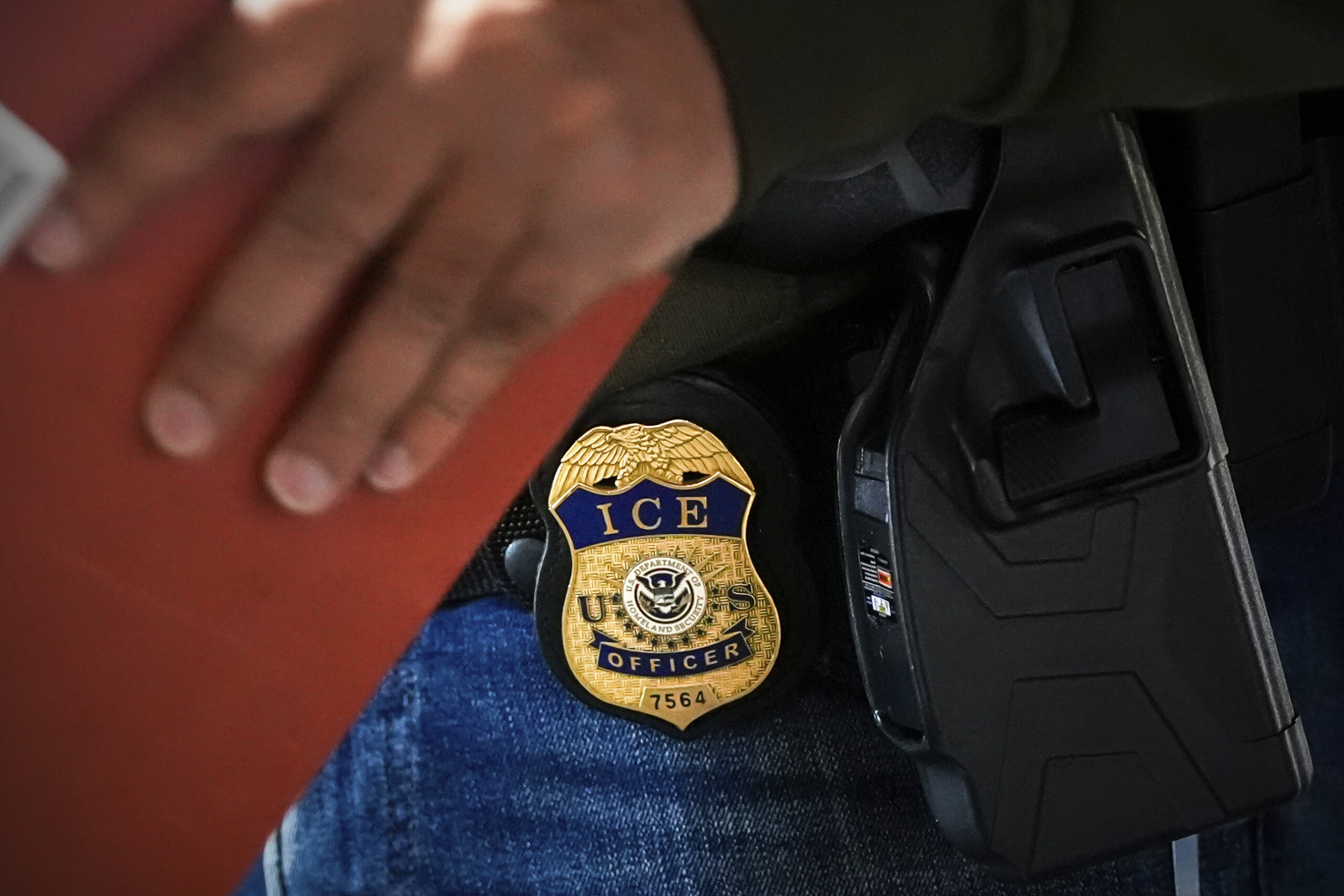The state Supreme Court won’t take up a second lawsuit challenging Wisconsin’s “Safer at Home” order, a step that could preserve the power of local governments to issue their own stay-at-home restrictions.
Justices issued a brief order Wednesday declining to hear the lawsuit, saying the case had been rendered moot by the Wisconsin Supreme Court’s May 13 decision that struck down the statewide “Safer at Home” order.
While both lawsuits had similar aims, the second case took a different approach, raising the prospect that the order could be used to limit the power of cities and counties to manage their own COVID-19 pandemic responses.
News with a little more humanity
WPR’s “Wisconsin Today” newsletter keeps you connected to the state you love without feeling overwhelmed. No paywall. No agenda. No corporate filter.
The first case, filed by Republican lawmakers, overturned the entire stay-at-home order on the grounds that Gov. Tony Evers’ administration broke the law by issuing such an order without first getting the Legislature’s approval.
The case dismissed Wednesday was brought by two private citizens, Waukesha County resident Jere Fabick and Walworth County resident Larry Chapman, who argued that the order unconstitutionally restricted their rights as individuals, including their rights to freely worship, assemble and travel.
Even after the statewide order was struck down, lawyers for Fabick and Chapman urged justices to hear their case, arguing that the county and municipal stay-at-home orders had effectively reconstituted the “Safer at Home” order at the local level.
Justices considered that argument but ultimately dismissed it in their brief, unanimous order Wednesday.
“This matter has become moot,” justices wrote.
Justices noted that Department of Health Services Secretary Andrea Palm had initiated the process for a new “Safer at Home” order before withdrawing it under criticism from lawmakers. They also noted that some of the local orders that were issued in mid-May had since been rescinded.
“These intervening events have altered the essential facts upon which the petition was predicated,” justices wrote.
While the Supreme Court could still hear a challenge to a local stay-at-home order in the future, Wednesday’s order means the court won’t overturn those orders immediately.
A separate challenge was filed against local stay-at-home restrictions in federal court. That case, which was assigned to U.S. District Court Judge William C. Griesbach, has yet to be fully briefed or receive a hearing.
Wisconsin Public Radio, © Copyright 2026, Board of Regents of the University of Wisconsin System and Wisconsin Educational Communications Board.




